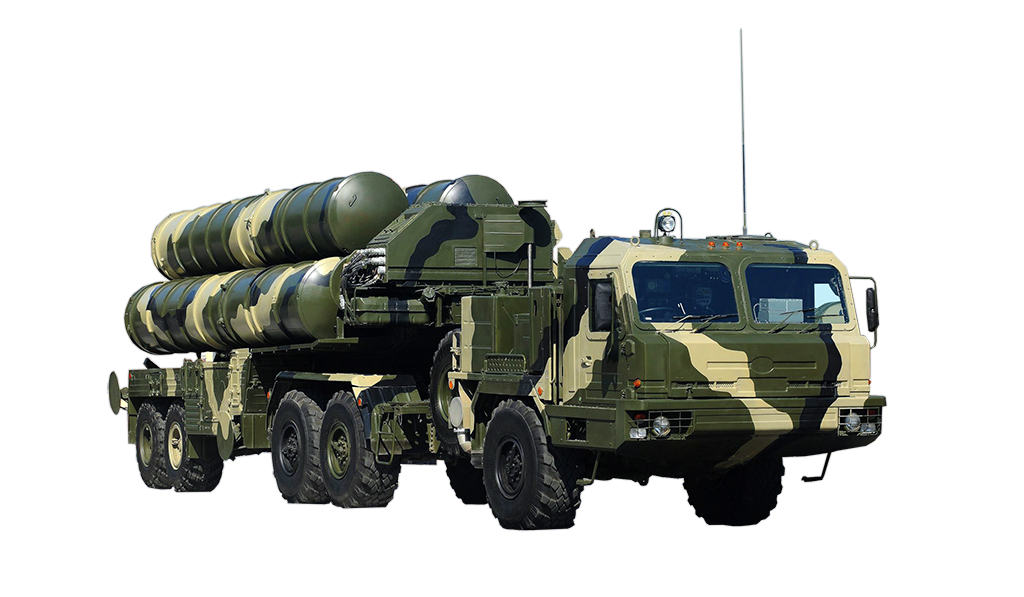Secondly, Turkey cannot remain dependent on others for its defense needs and that is why it needs to transfer the required technology in order to uphold national security. The allied states rejected selling the necessary weapons when Turkey struggled against the threats it faced. Therefore, Turkey put technology transfer as a precondition for the S-400 deal with Russia. Furthermore, the defense industry is not just a strategic issue, but an economic one as well. That is, Turkey's defense industry is a necessary precondition to the country's economic development. Since it is a long-term investment, it will have long-term impacts on Turkey's foreign policy orientation.
The main problem between Turkey and the U.S. is a lack and loss of trust. Turkey does not ask for the U.S. to make a contribution to its national security, rather it urges the U.S. to not support the main threats that the country faces. The U.S. support for PKK-affiliated groups in Syria and its protection of high-ranking members of the Gülenist Terror Group (FETÖ) in the U.S. has given rise to strong anti-American sentiments in Turkey.
For Turkey, the problem is not a governmental, but a national issue. Therefore, not only supporters of the ruling party, but also the social groups close to the opposition perceive the U.S. as the main supporter of the two biggest threats directed at Turkey's national security. Most Turks claim that even if Turkey withdraws from the deal signed with Russia, the U.S. government will not change its negative perception of Turkey. Therefore, the purchase of S-400 is seen as obligatory for Turkey.
Today, a renewed confidence-building measure is needed to mend the staggering Turkish-American relations. It seems that one of the reasons for the negative Turkish image is the result of the change of strategy in the NATO defense system. NATO began to emphasize it is the Eastern flank. The NATO alliance began to concentrate on the defense of the Eastern European countries against Russia and to undermine the importance of the southern flank, in which Turkey used to play the most significant role. It is clear that the importance of Turkey in the context of NATO has declined for U.S. policymakers.
To fill the gap, the U.S. government has been trying to establish a new alliance in the Middle East, consisting of Israel, Saudi Arabia and the United Arab Emirates (UAE). However, most observers question the realization of the new alliance in this chaotic region. According to this strategy, the U.S. government has been demonizing both Turkey and Iran, two of the three most important countries in the Middle East.
In a short span of time, the U.S. decision-makers will realize that it will be very costly to remain indifferent to the security concerns of its traditional allies, including Turkey. The more the U.S. government otherizes Turkey and the more it remains indifferent to its national security concerns, the more it will push Ankara toward Russia or some other alternatives. In order to change the negative direction of these bilateral relations, the U.S. government has to abandon its unilateralist approach toward its allies, i.e. Turkey.
[Daily Sabah, 17 April 2019]







